‘[True to Both My Selves is] a remarkable book by any standards’ Literary Review
By the time she was 14 Katrin FitzHerbert had lived in nearly thirty different places and attended fourteen schools – an unusual childhood, and the more so because it gave her two separate identities, one formed in the Germany of the Third Reich, the other in England after the Second World War.
In True to Both My Selves Katrin FitzHerbert tells the gripping story of her family, beginning with the marriage of her German expatriate grandfather and English grandmother, in London in 1905. Their fate was decided by an ugly and little-known chapter in British history, the ill-treatment of the quiet, law-abiding German minority in Britain during the First World War. Expelled by the British Government in 1919 and with their 8-year-old daughter Elfreda in tow, the couple finally and thankfully left to make a new life in a small German town near Berlin.
By 1931 Elfreda had fallen in love and married the German man who in 1936 would become the author’s father, a committed member of the Nazi Party employed in the Hitler Youth administration, whom Katrin idolized. In True to Both My Selves she gives a fascinating inside account of what it was like to grow up in a Fascist state, retracing the emotions of her 5- and 6-year-old self as she becomes an enthusiastic member of the Nazi equivalent of the Brownies and writes letters to Hitler on his birthday. She conveys vividly the dangerous seductions of Fascism and of a charismatic leader – the sense of duty, of obedience, of self-sacrifice to a greater cause, all of which Katrin saw embodied in her adored father. With great courage and honesty she describes how, when she returned to England with her mother after the war and assumed a new name and a new identity, she struggled to face her Nazi past and to make the final choice ‘between England and Papa’. True to Both My Selves is an unforgettable read.
Katrin FitzHerbert’s True to Both My Selves was awarded the 1998 J. R. Ackerley Prize for Autobiography.
‘It is, I think, an important book, filling a historical gap which has long been there. A very brave book, profoundly moving, it should be read by all generations’ Mary Wesley
‘A riveting account of growing up as a Nazi in the Second World War and coping with defeat, disillusion and dual nationality’ Tony Gould, Guardian
A Hybrid Life
By the time she was 14 and finally settled with her family in their own house in Totnes, Devon, Katrin FitzHerbert – or Kay Norris, as she was then – had lived in nearly thirty different places...
Read more




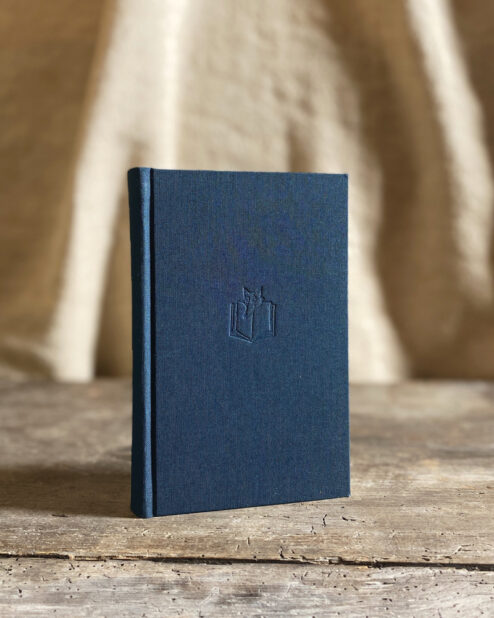
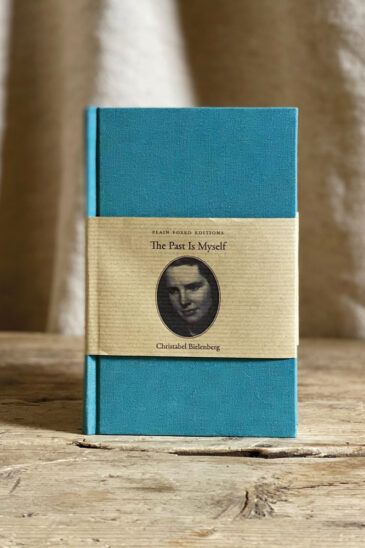
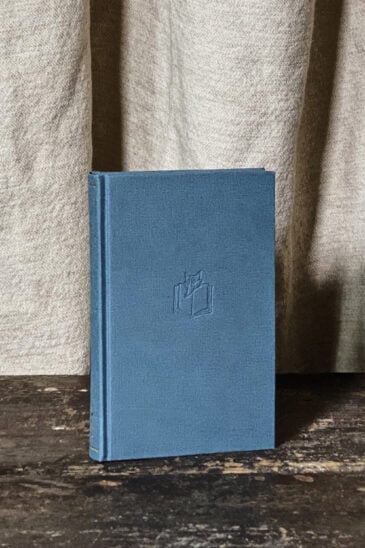
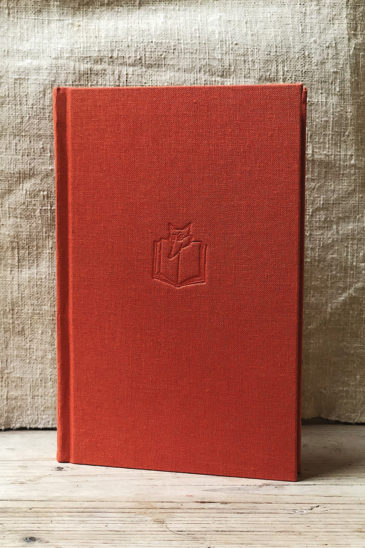
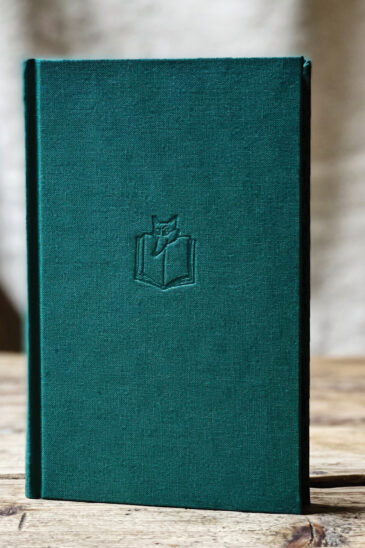
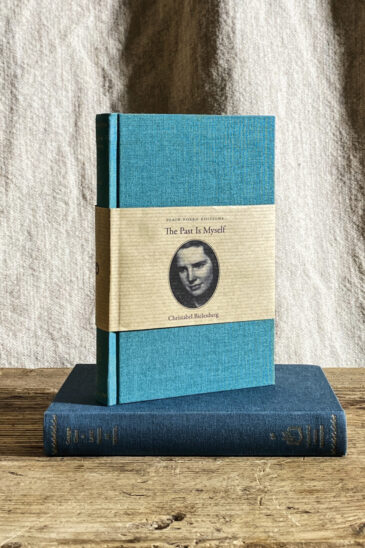
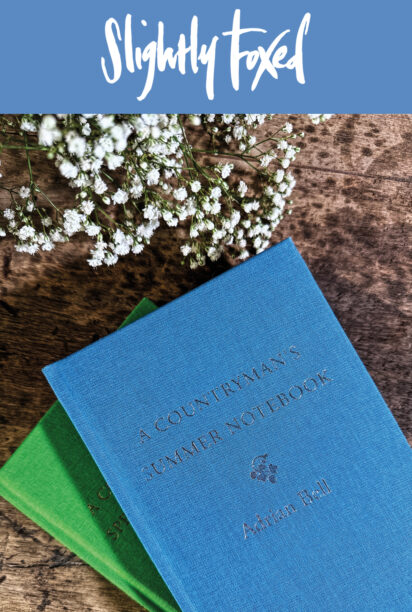
The family memoir of a woman of German and English origins who was born in Germany in the mid 1930s and whose father was an enthusiastic Nazi. It is a revealing depiction of how a young child was indoctrinated, the hardships in the closing years of World War Two and its aftermath, and then the struggles she had when she was brought to England in the late 1940s. There is some depiction of how she found herself having to come to terms with what had really happened under Hitler, but the heart of the book is her childhood years in Germany. A book well worth reading.